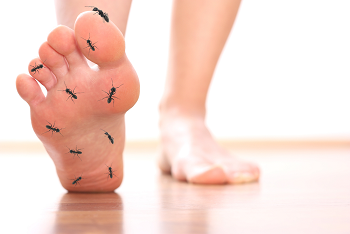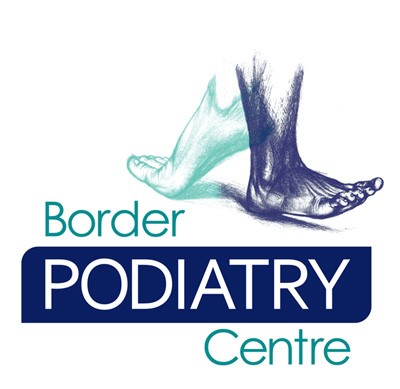
Do you experience pain and numbness in your feet?
Do you have type 1 or type 2 diabetes?
The topic of peripheral neuropathy may be of interest to you to help protect your feet as best you can!
Diabetes can affect your feet by damaging nerves in the legs and feet. Peripheral neuropathy is characterised by a loss of nerve fibres which firstly affects the nerves furthest away from the trunk, (for example, in the toes and the soles of the foot). This condition reduces the speed of conduction of impulses along the nerve, and as a result, the function of the nerve is impaired which often presents symmetrically.
Common symptoms of neuropathy can often include the following:
- Pain in the feet (may be sharp, tingling, or burning, particularly on the soles of the foot, toes, or front of the legs)
- Skin tenderness
- Numbness
With reduced sensation in the feet, the ability to detect injuries in hindered. This can lead to cuts, abrasions, wounds, infections, and fractures going unnoticed which can impact long term health outcomes.
We have list our top 3 tips for protecting your feet
- Control diabetes: maintaining blood sugar levels can help to assist in delaying the onset and development of peripheral neuropathy.
- Daily foot checks: getting used to checking your feet daily is a great tool for early detection of problems. Things to look out for include: cuts, bruises, unusual discharge, corn or hard skin (callous). It is also important to check your shoes and socks for foreign objects before putting them on.
TIP! If you do have trouble seeing your feet and are unable to get someone to assist you, you can place your feet up to a mirror to inspect the soles of your feet.
Foot care:
- Protect your feet at all times. Do not walk barefooted, even around your home.
- Ensure shoes fit comfortably, whether they are old or new. Lace up shoes with soft leather uppers, rubber soles and plenty of depth and width around the toes are recommended. Don’t hesitate to ask your podiatrist about what shoes are best suited to your feet.
- If you are able to cut your nails, cut them straight across – never cut down the sides of the nails. It is also important to not attempt to treat corns or callous yourself for risk of injury.
If you are having trouble cutting your nails or callous is causing you discomfort, seek treatment from a podiatrist. In this case we recommend to call the clinic for an appointment (60245577) with one of our amazing experienced podiatrists today!
